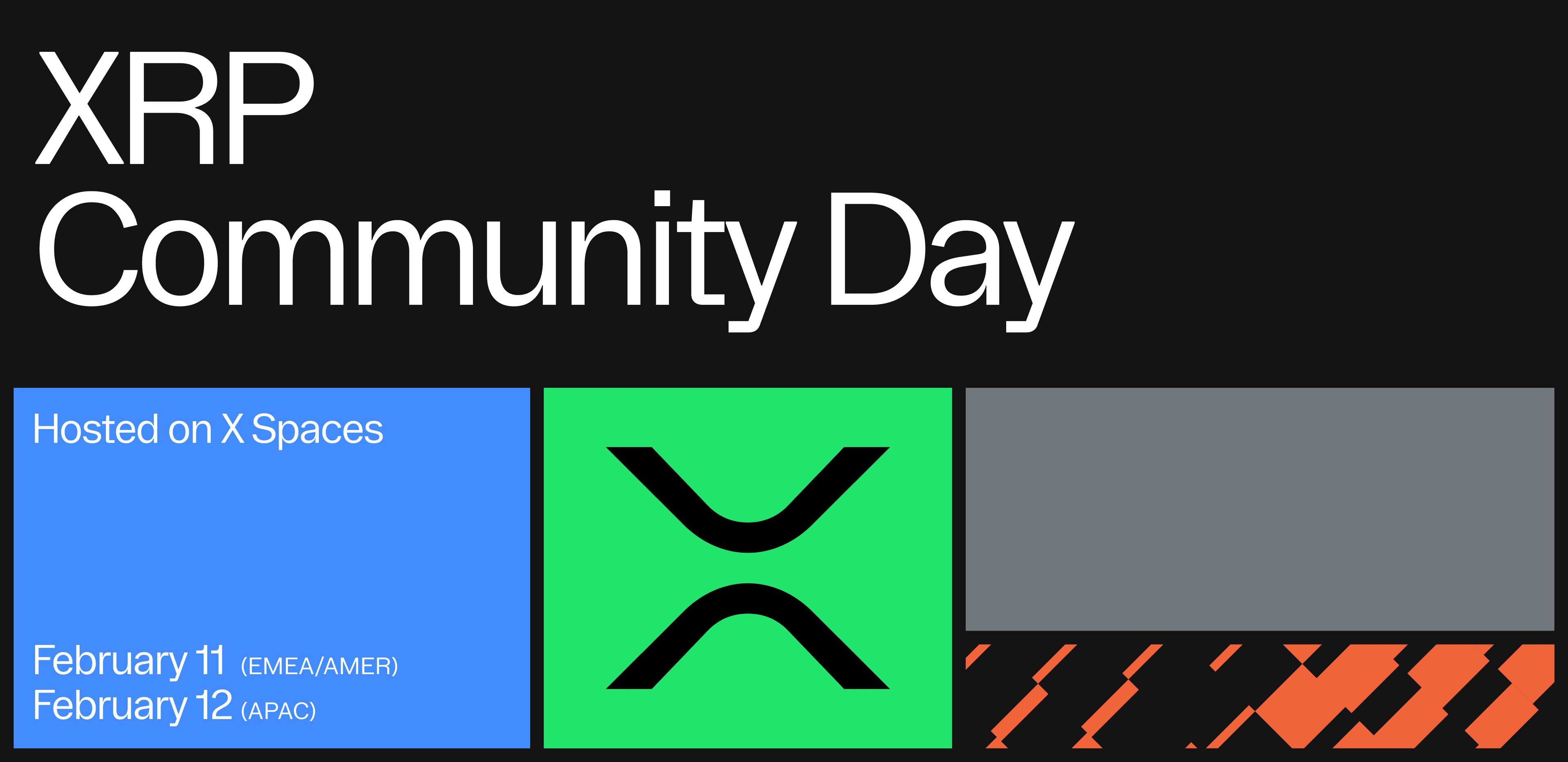The tokenization of real-world assets (RWAs) is no longer a hypothetical hinging on successful pilots; it’s a tangible blockchain use case and a catalyst for reshaping global finance.
From gold and treasuries to real estate and equities, moving traditional assets onchain is unlocking liquidity, increasing transparency, and democratizing access to markets once reserved for a select few.
Yet while headlines often highlight the growth of tokenized products and pilots, an equally critical part of this transformation gets far less attention: digital asset custody.
Secure, institutional-grade crypto custody solutions are what turn the vision of tokenization into a scalable, trusted reality. Together, tokenization and crypto custody services are laying the foundation for an entirely new era of finance.
A Global Wave of Tokenization
RWA tokenization is gaining momentum across key financial markets, with each region satisfying specific needs.
Regional Examples of Real-World Asset Tokenization
- North America and Europe: Tokenized treasuries and money market funds are helping businesses manage liquidity and returns. DZ BANK, for example, has launched a digital custody offering for crypto securities like tokenized bonds to enhance capital market efficiencies.
- Latin America: Securitized agricultural receivables are improving rural credit and financial inclusion.
- Southeast Asia: Trade receivables and structured lending are streamlining supply chain finance.
- Middle East: The growth of tokenized real estate is driven by forward-thinking regulators like that of Dubai.
Global Impact of RWA Tokenization
By 2033, the overall value of tokenized real-world assets is projected to reach nearly $19 trillion, according to recent estimates. And tokenized client assets like real estate and equities alone could top $3.7 trillion and $2 trillion, respectively.
This shift isn’t happening in isolation. It reflects changing attitudes among traditional institutions, growing regulatory clarity, the importance of extensive security measures, and the rise of stablecoins as an accessible entry point into the digital asset ecosystem.
Real Estate Tokenization Case Studies: Colombia, Hong Kong, Dubai
Among the most compelling applications is real estate tokenization—a historically illiquid, complex, and fragmented asset class.
Ripple has supported pilots around the world to address common barriers to real estate tokenization. Those global pilots include the following:
- Colombia: Working with the Ministry of Information and Communications Technologies to tokenize land ownership, improving transparency and reducing fraud
- Hong Kong: Partnering with Fubon Bank to collateralize property-backed lending and enable homeowners to unlock liquidity; deed centralization in Hong Kong has since posed challenges and highlighted the complexity of legal infrastructure
- Dubai: Collaborating with Ctrl Alt to support tokenizing title deeds, creating a programmable, scalable property market on the blockchain
The Dubai project is especially notable in its holistic approach to building and implementation: it combines legal clarity, collaboration across ecosystems, and technical considerations from day one.
Ripple Partners with Asset Tokenization Infrastructure Platform for Dubai Project
Building on Ripple’s presence in the Middle East, the company recently announced a strategic partnership with Ctrl Alt, a leading tokenization infrastructure platform. Ctrl Alt will be using Ripple Custody to support the DLD’s Real Estate Tokenization Project, delivering scalable and secure storage for the tokenized assets issued on the XRP Ledger.
This project offers a blueprint for other markets to follow and underscores the necessity of crypto custody to enable real estate tokenization and other use cases across the finance industry.
“As the designated tokenization provider for the DLD Project, Ctrl Alt brings deep expertise in financial engineering and digital asset infrastructure, so it makes sense for us to partner with Ripple to use their custody technology to support this initiative,” said Matt Ong, CEO and Founder, Ctrl Alt.
“Partnering with Ripple allows us to leverage proven and trusted technology that meets the highest security and operational standards. We’re excited to work with them and bring Dubai real estate investment opportunities to a wider audience.”
Digital Asset Custody: The Essential Infrastructure
If tokenized assets are the vehicles of the new financial system, then digital asset custody is the road they travel on.
Just as traditional custodians safeguard physical assets like cash, real estate deeds, and securities, a secure crypto custody solution and crypto custody provider ensures impenetrable storage, regulatory compliance, and management of onchain digital assets and private keys.
It’s the vital starting point that allows institutions to safely and confidently participate in the token economy—whether through a self-custody solution or a digital asset custodian, security measures like safeguarding private keys and protecting each transaction must be prioritized.
What to Look for in Crypto Custody Solutions for Institutions
Institutions interested in tapping into this space require crypto custody solutions that are:
- Secure: Comprehensive transaction and private key protection from hacks and human error
- Regulated and reputable: Operated by providers with deep expertise in both finance and crypto
- Transparent and scalable: Supporting current needs and evolving use cases as markets mature
- Trusted advisor: Acting not just as a crypto custody provider, but as a trusted partner that can help navigate a fast-changing landscape
The Future of Digital Asset Infrastructure
The vision of asset tokenization offers tangible benefits for many industries including:
- Greater liquidity
- Programmable features
- Lower friction
- Expanded access
Yet the market’s evolution depends on building the right foundation: robust custody, compliant issuance, crypto security, and utility that aligns with real-world incentives.
Ripple’s ongoing work building foundational digital asset infrastructure—stablecoins, global on/off ramps, digital asset custody—illustrates how technology, regulation, and trusted partners are coming together to bridge traditional finance with the digital asset ecosystem.
Tokenization isn’t something to prepare for—it’s here. And with secure custody as the backbone, institutions worldwide can unlock new opportunities in the global digital asset economy.
Explore how your business can integrate digital assets and leverage a trusted custody service to drive new revenue streams, stay competitive, and participate in the token economy.







